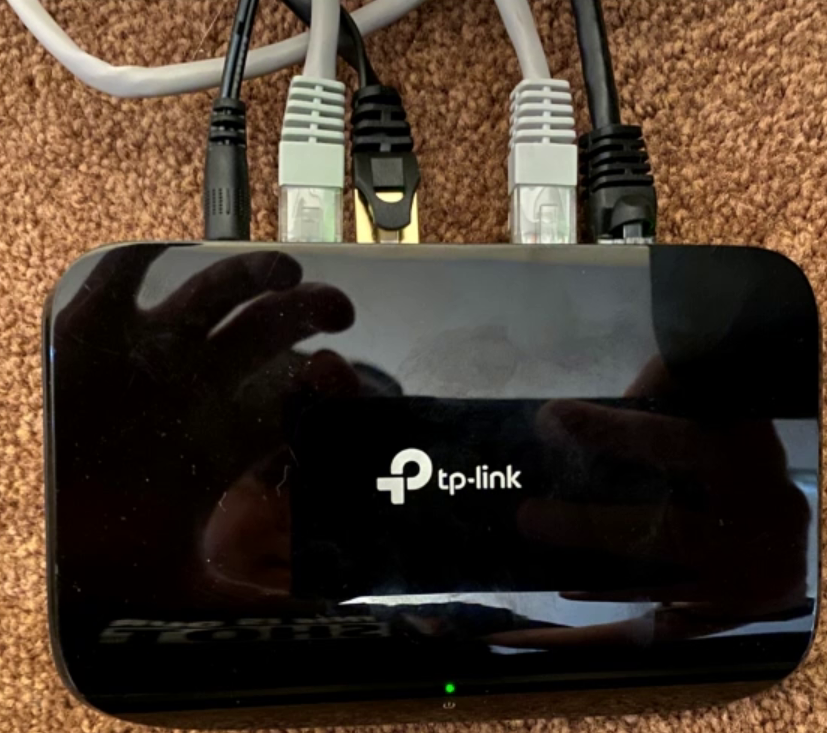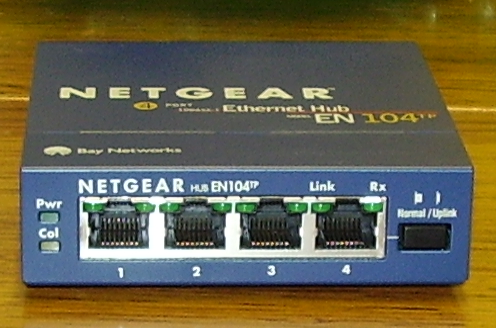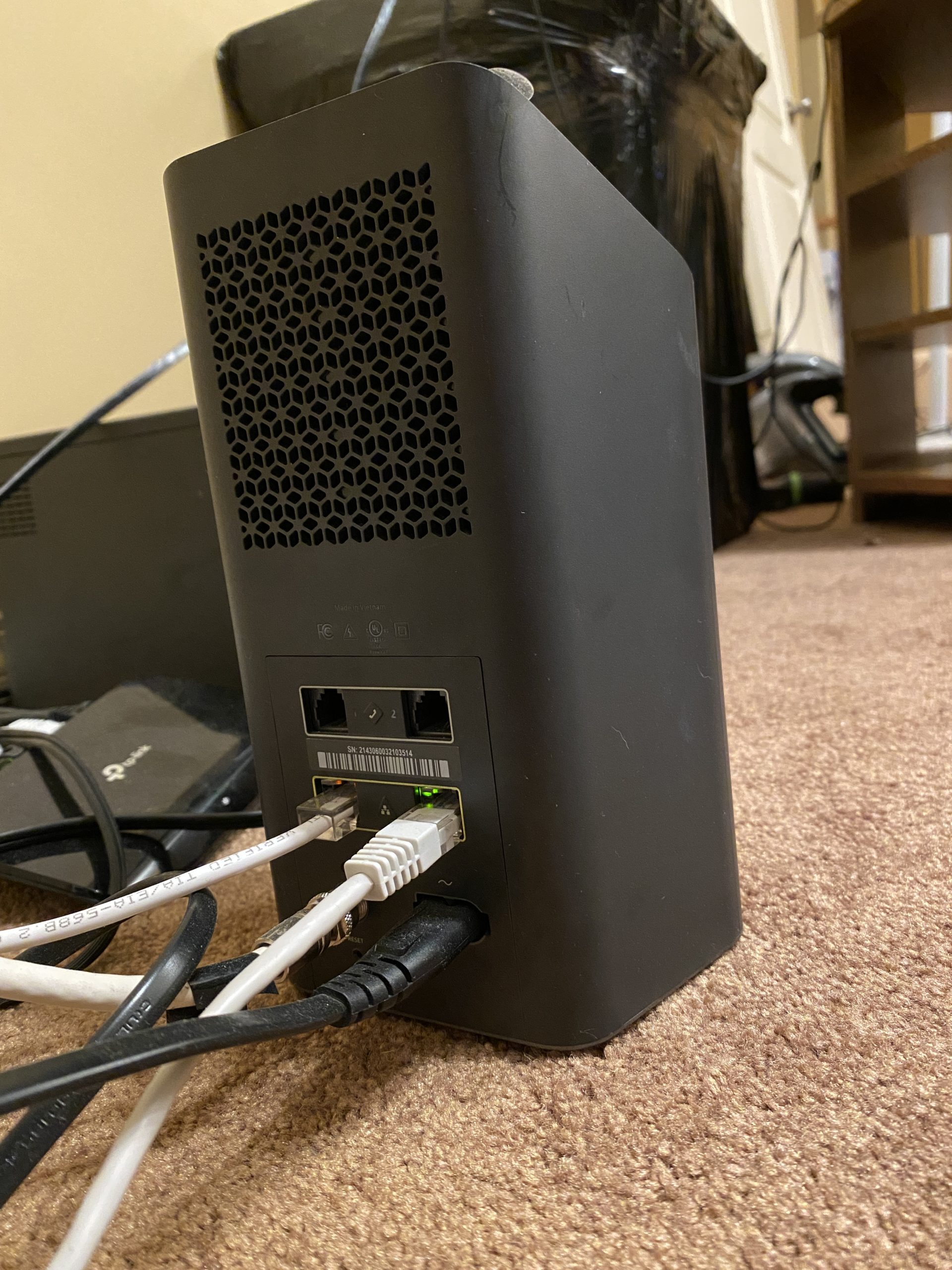The Differences Between A Hub, Router, And Switch

In this blog post, I’m going to talk about the differences between a Switch, Hub, and Router, and which of these devices you should be using in your home or home business network, and why.
SWITCHES
A Switch is a basically a smart and efficient hub. A Switch can appear nearly identical to a hub. It’s what’s inside that counts. A switch filters and send data to specific hardware ports.
It doesn’t broadcast the data out over all ports. When the switch receives data, it knows which computer to send it to, and this helps eliminate network congestion. Switches also offer advanced filter options, bandwidth metering, and traffic statistics. A Switch does NOT provide WiFi capability, nor does it assign IP addresses necessary for devices to communicate with the internet.
HUBS
Think of a hub as a splitter. It receives a single signal, and sends it out to ALL destination ports. It doesn’t care what the data is, or where it’s going. It just blasts the data to all computers on the network, and the computers that don’t need that data ignore it, but the data is still transferred across the network.
Hubs are commonly used for simple small home or work networks. The problem with hubs is that they are not smart or efficient. Every time a packet of data is received by a hub, it is literally broadcast out ALL outgoing ports. This can lead to network congestion and packet collisions.
ROUTERS
A Router is the next step up, and can provide security protections for the network. They typically connect directly to the modem, then to the internet. They forward data the most efficient way possible based on its knowledge of the network using routing tables that contain available routes to devices, distance, and how congested the network is at any given moment. The Router uses these methods along with complex algorithms to determine the most efficient way to send a data across the network.
For most home users who don’t transfer a lot of data between devices, a simple hub is sufficient. However, those transferring large amounts of data or using network-intensive applications should highly consider purchasing a Switch, ALL networks should have a Router to better protect their network and manage data transfers.
Routers are an absolute NEED for internet-connected networks, as they assign IP addresses to allow devices to communicate with the modem and thus with the internet. Routers also provide WiFi capability.
MODEMS
Internet Service Providers provide modems, and some have a firewall and router technology built in.
I’ll be doing many more Quick Tips like this, so be sure to check out KevinTheTechGuy.ca, and please let me know if you want to see more content like this!
Thank you so much for reading this blog post! You can keep up to date with my latest posts right here on KevinTheTechGuy.ca, my free newsletter, via the RSS feed, and on my Social Media accounts. Just search for Kevin The Tech Guy! To find more content about the topics I cover, and other perks, please consider subscribing to my Patreon for $5 per month. Your support makes my work possible.



